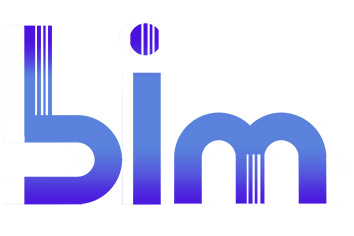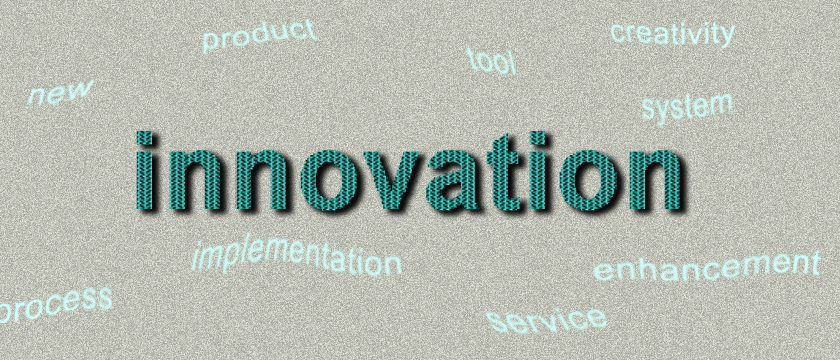As the content of this online magazine covers a wide variety of aspects of “Business Innovation” (in obvious accordance with its title) it is appropriate that we consider precisely what is meant by the word and term “innovation”.
Deficient Definitions of Innovation
Innovation is a term that has produced many different definitions, and evidence indicates that interpretations often tend to sway towards the user’s particular motives for discussion rather than being all-encompassing of potential contexts. We note that business consultants, innovation practitioners, journalists, and others have at various times favoured an interpretation that represents their particular (often relatively narrow) interest focus rather than depicting a wider, all-encompassing context.
This isn’t helped, either, by the fact that standard dictionary definitions appear to be somewhat lacking in completeness of meaning as well, as compared with the full breadth of the common usage of the word.
Take, for instance, the Merriam-Webster Dictionary definition:
Innovation 1. The introduction of something new. 2. A new idea, method, or device.
Compare that with The Concise Oxford Dictionary:
Innovate v.intr. 1. Bring in new methods, ideas, etc. 2.(often foll by in) make changes.
From another perspective, professional practitioners’ definitions often tend to assume a particular business context, particularly emphasising either financial outcomes, customer-interaction outcomes, or general business outcomes. These outcomes might typically extend from innovation, particularly innovation of a business nature. Yet the outcomes from innovation are not innovation itself. And innovation isn’t solely applied in business contexts. Indeed, innovation can take place in almost any field of human endeavour without the need for a business context. Arts, sports, and almost any other leisure pursuit, as examples, are endeavours that can be influenced by and can incorporate aspects of innovation. And they do, at least from time to time. So a concept of innovation which is framed for a particular business context is likely to be inadequate for all uses and will almost definitely not be all-encompassing of what innovation can be. We need to beware, to the extent we can and for the purposes of clear articulation, of any definition which fails the test of relevance to all potential contexts or which fails the test of completeness of meaning.
Refining The Defining of “Innovation“
It would appear to be useful, then, to have a rather complete and precise definition to be used throughout this Business Innovation Magazine so that readers can be assured of consistency, completeness, and relevance of the meaning of this term as we use it.
For these purposes then, the definition that we apply is as follows:
“Innovation” is the process of implementing new ideas that result in
the enhancement of an existing process, tool, system, service or product
or the creation of a new process, tool, system, service or product
and which may additionally involve the discontinuation of,
or the replacement of, or rendering obsolete,
an existing process, tool, system, service or product.


You must log in to post a comment.